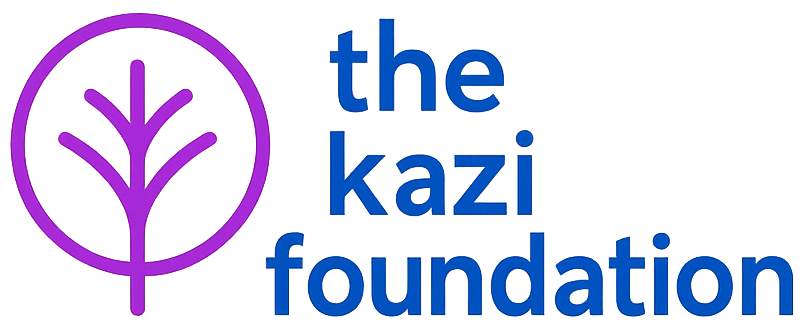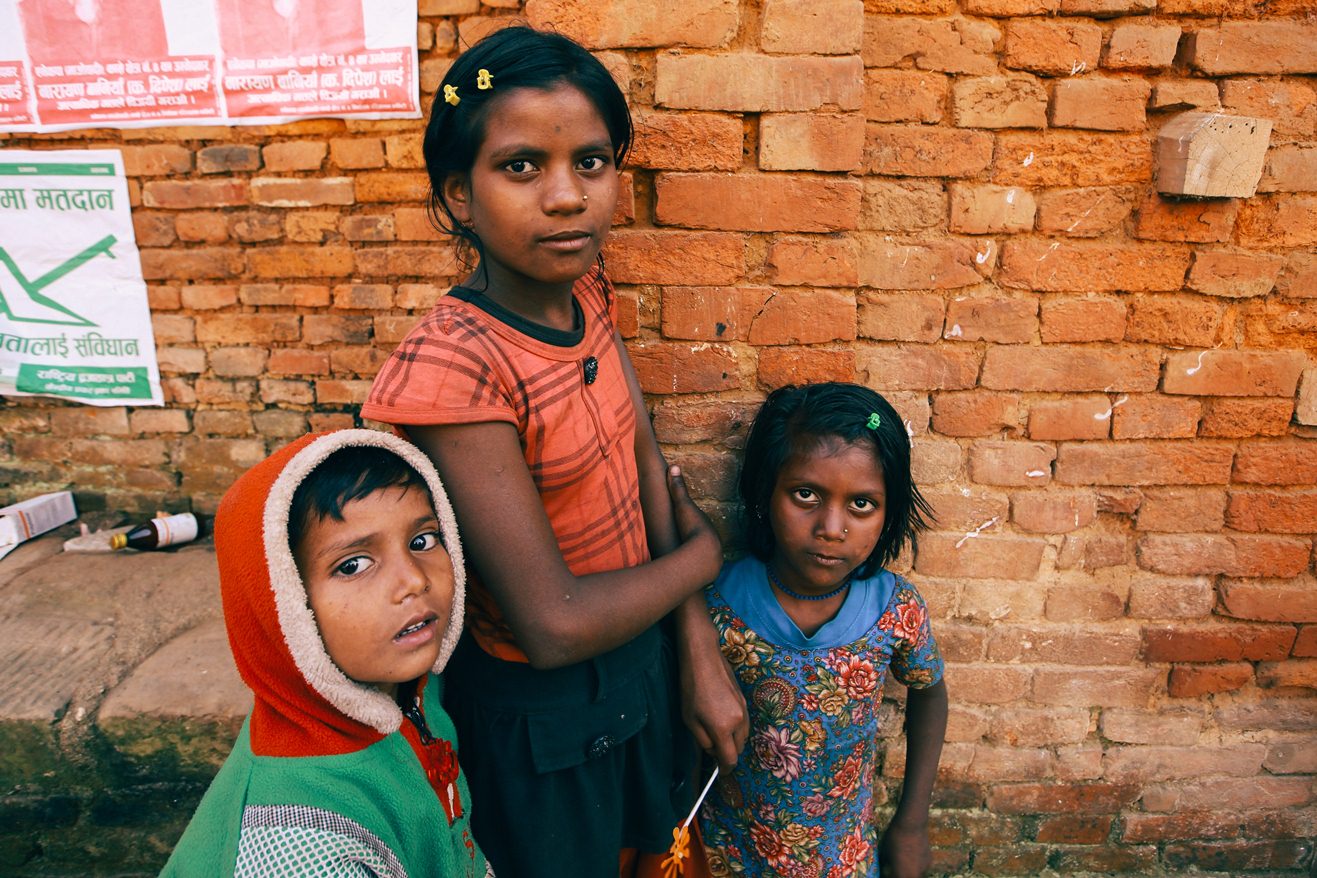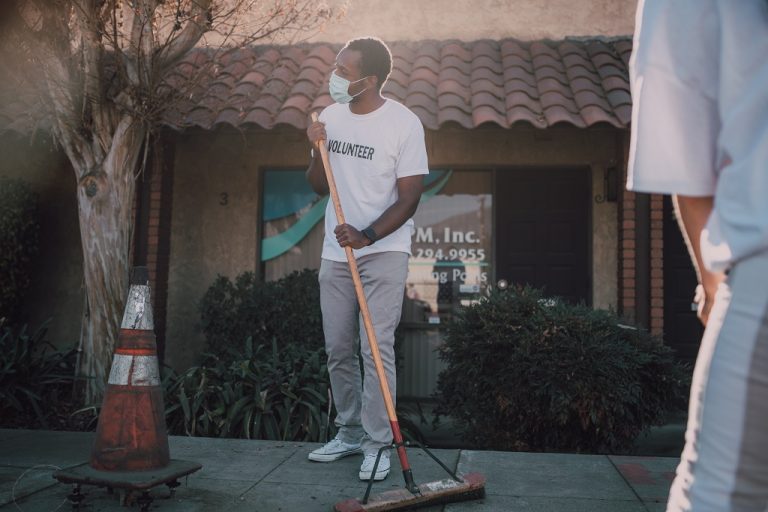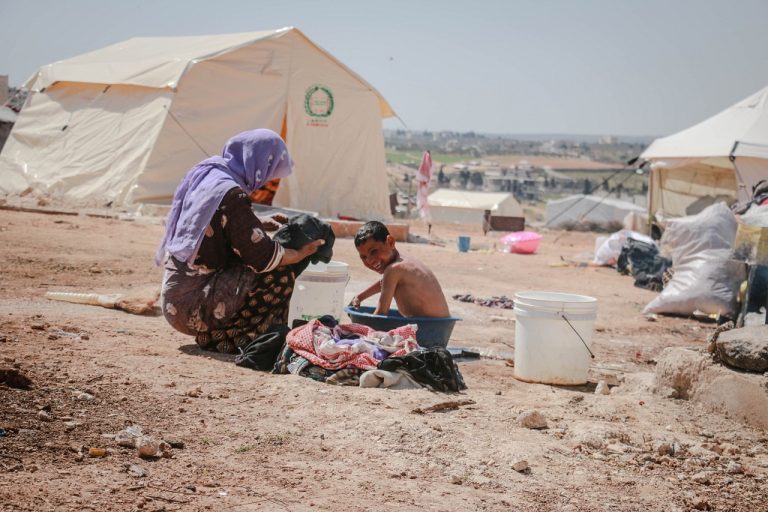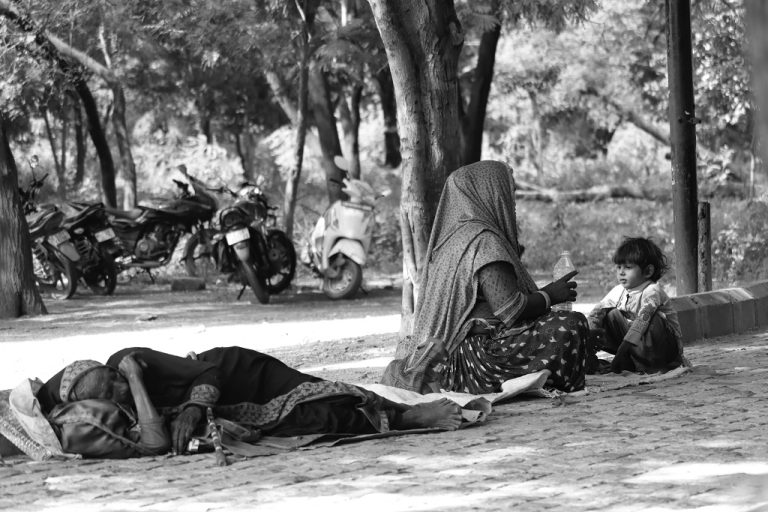REHABILITATION OF ORPHAN/STREET CHILDREN
More than 153 million children worldwide have been orphaned by the loss of one or both parents and millions more have been abandoned. There is a strong association between child health measures and the health of their primary caregivers. Poor caregiver health is a strong signal for poor health of orphan children. The strategies to support orphan children may include taking steps to ensure food security, foster gender equality, and prevent and treat traumatic events. Yoga, a feasible and acceptable activity with self-reported benefits to child’s mental and physical health, may play effective role in the rehabilitation of orphaned children.
Orphan children (OC) are not actively consulted and encouraged to participate in helping to solve the problems they are affected by. Moreover, there is a lack of coordination between caregiver organizations, leading to ineffective and inefficient service provision for this particular vulnerable group. Africa is most often referenced when discussing the orphan burden whereas Asian countries are caring for 71.5 million orphans. In Asia, high mortality among young parents from conditions such as malaria, tuberculosis, human immunodeficiency virus (HIV)/ acquired immunodeficiency syndrome (AIDS), pregnancy complications, violence and accidental deaths, and natural disasters are responsible for the large and increasing number of OC. Similarly, it was reported that OC had significantly higher scores than non-OC on individual items in the Beck Youth Depression Inventory that are regarded as particularly “sensitive” to the possible presence of a depressive disorder, i.e., vegetative symptoms, feelings of hopelessness, and suicidal ideation (Atwine, Cantor-Graae, & Bajunirwe, 2005). Furthermore, OC were found to suffer greater psychological distress than non-OC.
General consideration
In general, it has been observed that OC are not receiving adequate food or balanced diets. In addition, they had difficulties in accessing health facilities. The condition of education assistance is also limited, and abuse may generally not get reported for fear of reprisal. OC may generally rely on family and community networks for assistance, however, the strain experienced due to offering assistance meant that the assistance may not be consistent. Some OC also may rely on non-governmental organizations (NGOs) for food donations, however, many of the OC might be unaware of the services offered by these organizations.
Care givers and care giving linked with household and community characteristics
The death of the last parent has a profound effect on survivors, and therefore, OC are often coping with grief, loss, and awareness that their lives are forever changed. Furthermore, in the case of OC with HIV/AIDS, families play central roles in caring, and there are two family resources essential for supporting children, i.e., time and money. However, it is observed that parents have less time for their OC, and these children experience greater health and academic problems. Communities are playing an important role in helping OC families by providing adequate childcare and financial support. Unfortunately, while communities commonly offer informal assistance, the value of such support may not be adequate to match the magnitude of the need. Research shows that OC are vulnerable to experiencing multiple traumatic events and suffer poor self-regulation leading to emotional and behavioral difficulties and trauma-related disorders.
It may be suggested that the communities may strengthen the capacity of OC families by implementing affordable quality childcare for 0–6 year olds, after-school programming for older children and youth, supportive care for ill children and parents, microlending to enhance earnings, training to increase access to quality jobs, decent working conditions, social insurance for the informal sector, and income and food transfers when families are unable to make ends meet.
